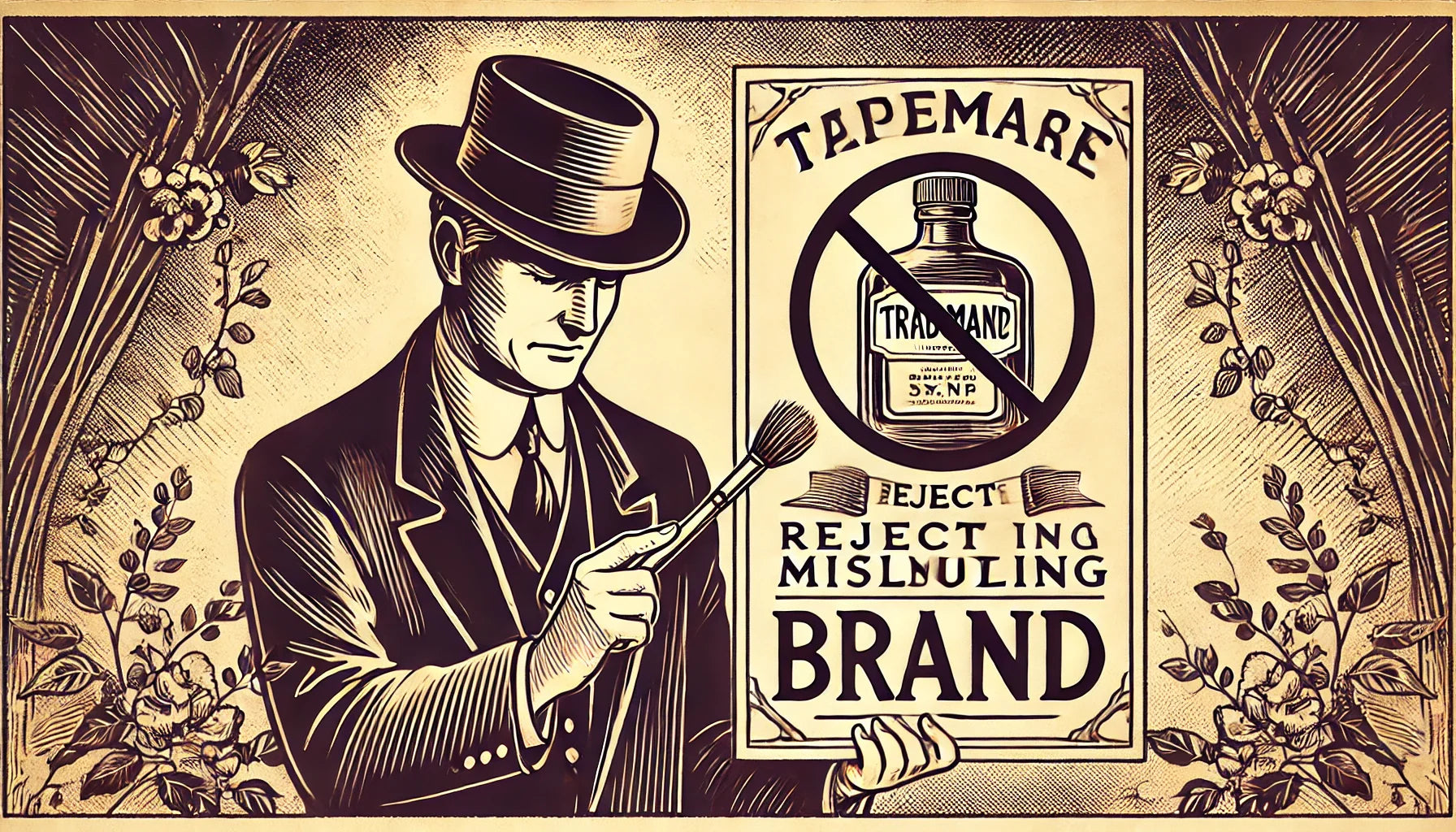Few things are more exciting than coming up with an idea, reduce it to a prototype, and beginning to sell it.
There is also nothing worse than having your invention stolen, ripped off, and claimed as being invented by someone else.
First to Invent
Being the first to invent something is exciting. Few things are more exciting than coming up with an idea, reduce it to a prototype, and beginning to sell it. There is also nothing worse than having your invention stolen, ripped off, and claimed as being invented by someone else. PRIORITY DATE
To establish who invented something first, the government sets priority dates. The United States Patent and Trademark Office (USPTO) assigns a priority date to your invention the day you file your patent application. The priority date represents the day that the USPTO defines as the day you created your invention. Once your priority date is set, anyone who comes along after you with the same or similar invention runs into your patent. Setting the date
When do you want to set your priority date? As early as possible. Typically startups and small businesses will go through a few iterations for an invention before landing on the final product. Once you have defined your product and can fully explain the details of your invention and before you begin showing prototype/product to others, you should contact a patent attorney. The patent attorney can help you prepare and file a patent application to set your priority date. Patent Pending
Once you set the priority date, you are free to mark your invention as patent pending and begin pitching to investors or selling your product. Also, keep in mind that once you show your invention to the public or start selling it, you have a year from that day that you have to file your patent application or you lose your ability to file that patent application for good. |
 About the Firm... About the Firm... Miller IP Law is a firm that focuses on small businesses, startups, and entrepreneurs/solopreneurs. We’re easy to use. We offer affordable pricing that’s transparent and flat-rate. We focus on the little guys who actually need our help. If you’d like an attorney on your team, simply schedule a Zoom call, and we’ll take care of the rest. Top Blog Articles1. Cheapest Way To Get A Patent 2. How Long Does It Take To Get A Trademark?  Want to chat more about this topic, or got a burning question? Take advantage of instant chat and send us a direct message

Find Us On LinkedIn |
About Our Firm…
Miller IP Law is a group of attorney's, based out of Mountain Green, Utah, who are excited to help you build your business and further innovate market places and economies. Please consider looking at our services, billed at flat rate, and be sure to grab a free strategy session to meet with us!
Get weekly stories and information about protecting intellectual property with our e-mail Newsletter today!
Need To Get In Touch With Us?➡Schedule A Free Strategy Session Today… |
|
Flat Fee Pricing
Straightforward for Patents and Trademarks
|
Patent Application |
Trademark Application |
Copyright Application |














